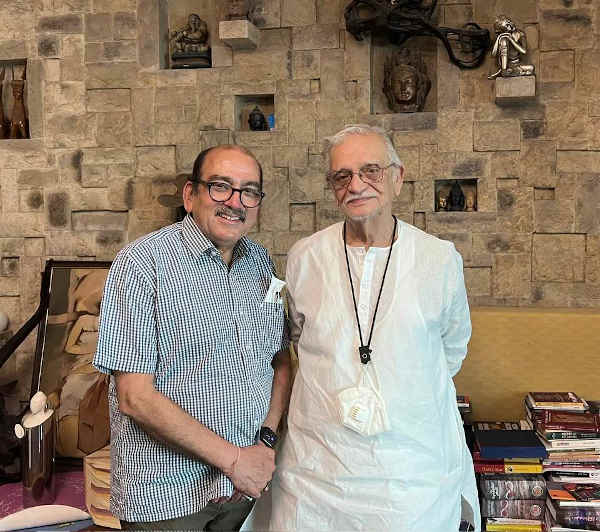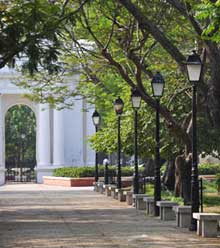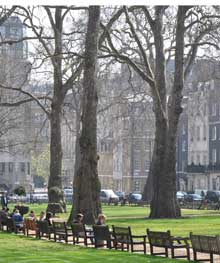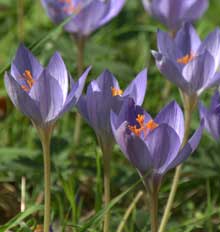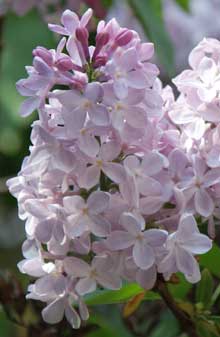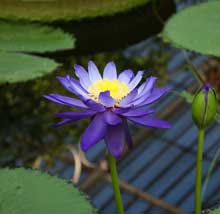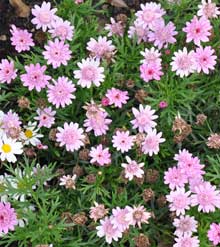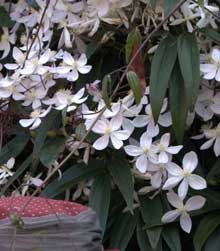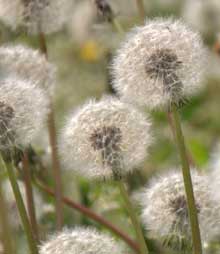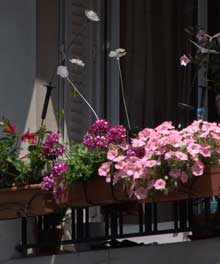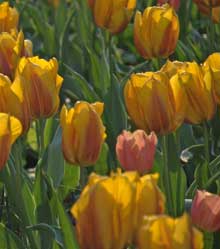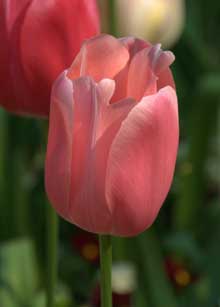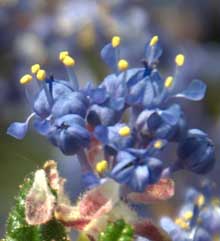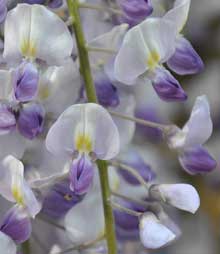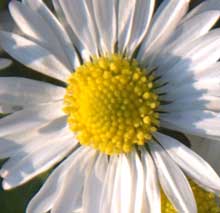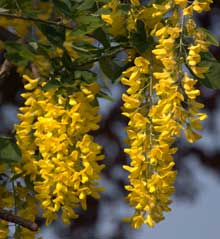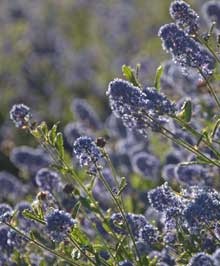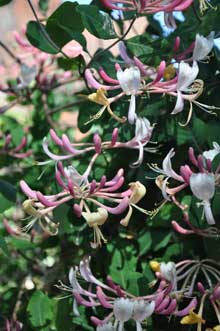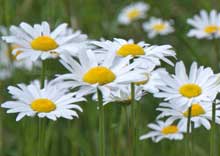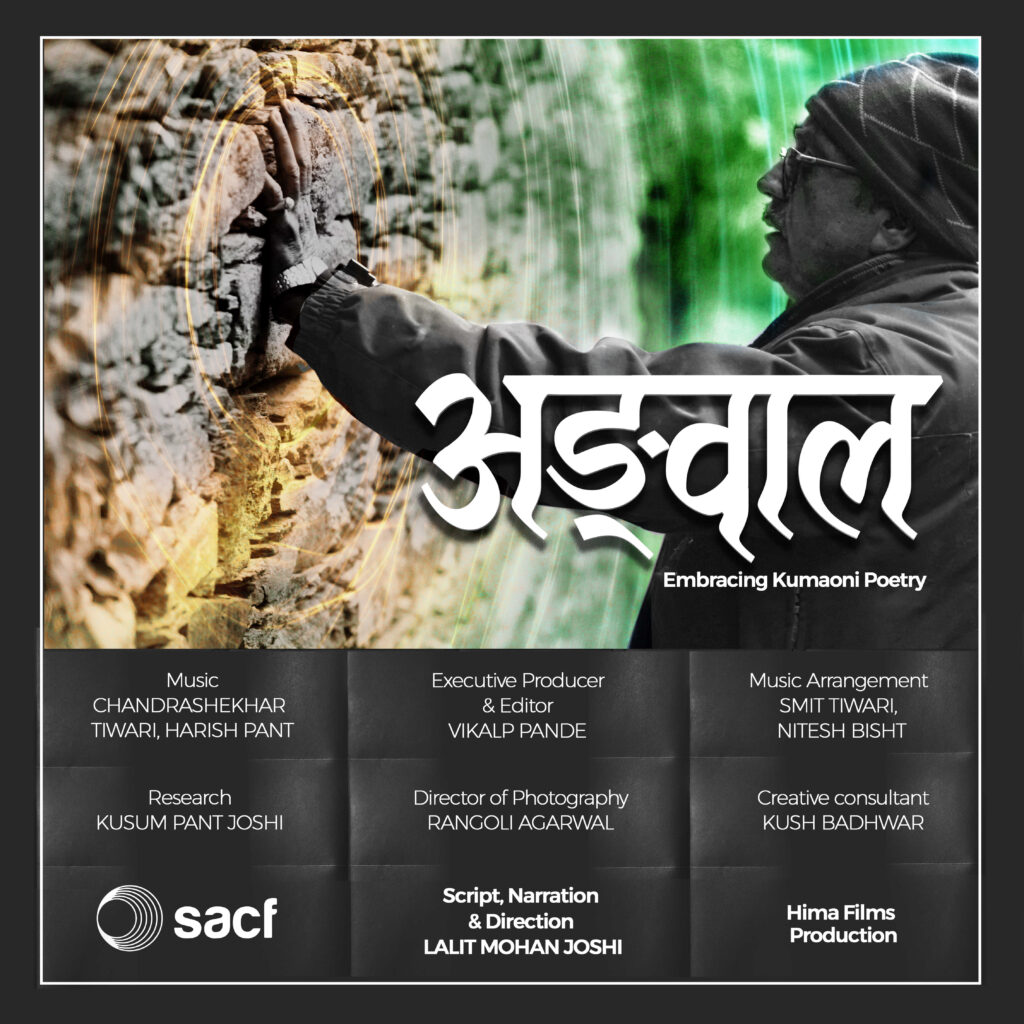
A new documentary, “Angwal” which means “an embrace”, was screened at the British Film Institute in London on 7th August 2023. It was the premier of this very moving film which is made by Lalit Mohan Joshi, the founder director of South Asian Cinema Foundation.
India is so vast a land that there will always be some unknown part to be discovered, particularly those parts which are far from the crowded spaces of the cities. Through this documentary Lalit Mohan Joshi reveals to us the people as well as the nooks and corners of the Kumaon hills in the northern state of Uttarakhand. “I am a Kumaoni first and then an Indian,” said the film maker after the screening.
It is clear that the impetus for making this film comes from Lalit Mohan Joshi’s deep love for the land of his birth. Having lived in the UK for more than three decades he decided to go back to his roots. He started with the idea of making a film on two of his maternal uncles who had been poets. But as he started his work of research he thought it would be good to also include other poets of the region as they were unknown outside the Kumaon area. That process led him to include some other aspects of the life of this region.
The film progresses in that order and we are at first introduced to the works of the poets and after that we move to other subjects such as the abandoned places which had been a part of the narrator’s early childhood. Then we get a feel of the people and see how the villages and small towns are gradually losing the young population which wants to find employment in the plains. In the meantime businessmen who have nothing to do with the region have come up and built hotels and restaurants for growing influx of tourists. The images of the ruined or abandoned ancestral homes of the film maker make this point poignantly.
In countries outside India there is a wrong impression that everyone speaks Hindi in India or at least that the whole of North India speaks Hindi. This is very far from the truth. South of Madhya Pradesh it is the reign of the Dravidian languages and to the east people speak Bengali and Odia. To the west the Marathi language is spoken and Gujarati is not the same as Hindi. The Punjabi language is very different from Hindi. Even within Uttar Pradesh, the real heartland of Hindi-speaking people, there are various languages and dialects which are distinct to each area. What people don’t know is that the dialects change after every 100 kilometers or so in every state in India.
This film points out that a language like Kumaoni has developed its own literature. Its written form takes the Devnagari script but has an identity of its own. Most dialects of India don’t have a written form. The official main language of the state is used for writing but the dialects are used for spoken communication. Lalit Mohan Joshi has also included the work of women writers and it is the work of the poetesses which is more complex and deep. One poem speaks of the grief of a mother whose soldier son has died and another poem on the wheel of life and death, comparing it to the grinding stone.
One has to mention the music of this documentary. As the film progresses we understand that Kumaoni poetry, as all traditional Indian poetry, is always sung. Poets sing out their poems in India. In this film often poems are used in the background audio sound and these are sung by trained singers. One such singer is Uttara Joshi, the daughter of Lalit Mohan Joshi and Kusum Pant Joshi. Uttara is an extraordinary singer. What is noteworthy is that she doesn’t speak any of the Indian languages in which she sings but she always gets the pronunciation right by putting an additional effort to get her diction corrected.
The documentary has a professional finish in every department, be it in cinematography or in sound quality in recording, be it in music or in off-screen narration. The visuals are breathtaking. Nature’s beauty abounds in the Kumaon hills and added to that is the skill of the director of photography Rangoli Agarwal who has captured such moments that deserve to be immortal. The script flows so naturally that the running time of an hour passes unnoticed.
This high level of execution comes from Lalit Mohan Joshi’s background of a broadcaster. He is a former BBC journalist working with the Hindi service and has a clear idea about presentation. He is also the founder of the South Asian Cinema Foundation which he has been running since the year 2000. For two decades Lalit Mohan Joshi has been promoting artistic cinema primarily produced in India. He has helped in bringing to the Indian diaspora living in London very important aspects of the history of Indian cinema. He has also brought over several filmmakers from India whose work has been of a high caliber and felicitated them.
Lalit Mohan Joshi started making this documentary before the pandemic hit us and this is why it had to be stalled. All the disruption and uncertainty created by this halt made it harder for the creative team to work on it in a smooth manner. Work resumed after the restrictions were lifted. So, it must have been a great relief and a moment of celebration for all those who were a part of the production to witness it being premiered at the BFI in London.
The end of the documentary moved everyone in the audience. As the end credits were rolling we saw the information that four of the people interviewed during the making of the film had died. Although they had died during the Covid pandemic, these four did not die of Covid. While this was being shown on the screen the background music was a song (the sung version of a poem) which spoke of the wheel of life which is like a waterwheel which turns the grinding stone, turning grains into flour. The lines say that life grinds men and women in the same way that the waterwheel mill grinds the grains. The soulful voice of the singer touched the hearts of the viewers as the image of the watermill turning without a stop on the screen reinforced the idea, and brought about a meditative mood.
This film deserves to be shown widely in India so that our own countrymen become aware of these poets and their homeland in the hills.
